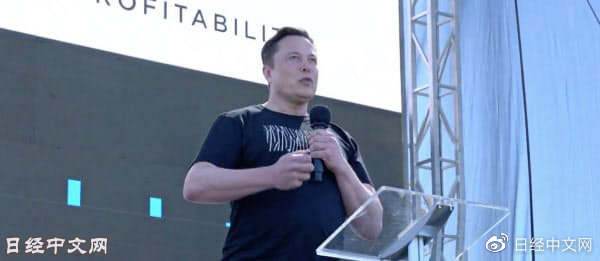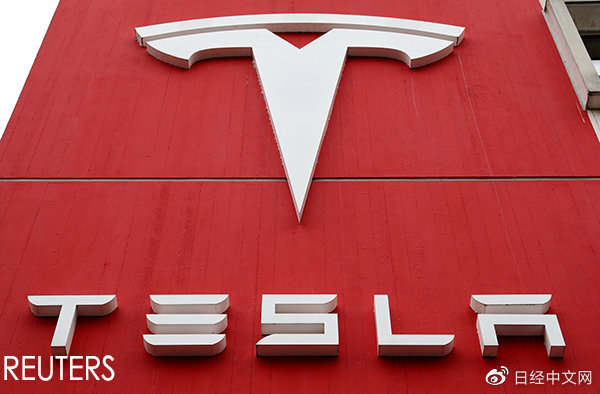“Tesla is planning to create a society where consumers can buy and sell surplus electricity generated through energy management, and does not treat air conditioners as pure hardware.”
Editor’s note: This article is from “Nikkei Chinese Net”.
U.S. Tesla has shown interest in developing home air-conditioning business. It is expected to be combined with the existing pure electric vehicle (EV) and battery business to form a synergistic effect. Japanese air-conditioning companies such as Daikin Industries are wary of Tesla CEO Musk’s actions. The Disruptor, who is driving the transition from gasoline vehicles to pure electric vehicles, is having an impact on the air-conditioning industry.
“Perhaps we will start the home air-conditioning business next year. We think we can create a quieter, more efficient and more energy-efficient air conditioner. On September 22, at an event held in conjunction with Tesla’s shareholder meeting, Musk said this in a free question and answer session.
Tesla’s CEO Musk (September 22, the image is from the company’s video)
Although it seems abrupt, there is evidence for this statement. The heating of pure electric vehicles generally uses heaters, but the Model Y SUV that will be launched in 2020 will be equipped with heat pump air conditioners. Musk confidently said, “Small size and high efficiency. It can run under any conditions regardless of the cold and heat.” This is seen as a hint to change car air conditioners to household air conditioners.
Tesla launched the home battery “Powerwall” in 2015, and will start the installation in Japan in 2020. In the field of photovoltaic panels, Tesla acquired SolarCity in the US in 2016 and is strengthening its energy business. If batteries, panels, pure electric vehicles and energy-saving air conditioners are combined, the overall energy efficiency of the family is expected to increase.
Tesla’s logo (October 28, 2020, Switzerland)
Air conditioning accounts for 30 to 40% of electricity consumption in general households. Sanshiro Fukao, a senior researcher at ITOCHU Research Institute, pointed out that “Tesla is planning to create a society where consumers can buy and sell surplus electricity generated through energy management. Air conditioners are not regarded as pure hardware.”
When Tesla started its pure electric vehicle business, it first obtained assistance from Lotus in the UK in terms of development. In the field of lithium-ion batteries, it cooperates with Panasonic. The type and design of air-conditioning refrigerants are different in car air-conditioning and household air-conditioning. In addition, sales networks such as construction and maintenance are also indispensable. GermanyRoland Berger’s partner Bisezi believes that “in the air-conditioning field, cooperation Pay attention to speed”. The air-conditioning industry may move towards Combined vertical and horizontal.
Among Japanese domestic companies, Daikin focuses on air-conditioning and has not set foot in the field of photovoltaic panels and storage batteries. Daikin’s executives feel that Tesla is a “significant threat”, but there are also views that “must be seen as a business opportunity and cooperate with Tesla” (other executives).
In the field of batteries for pure electric vehicles, Tesla is starting its own production through the absorption of experience. Whether the air-conditioning business and the battery business can form synergy will be the key to success.

